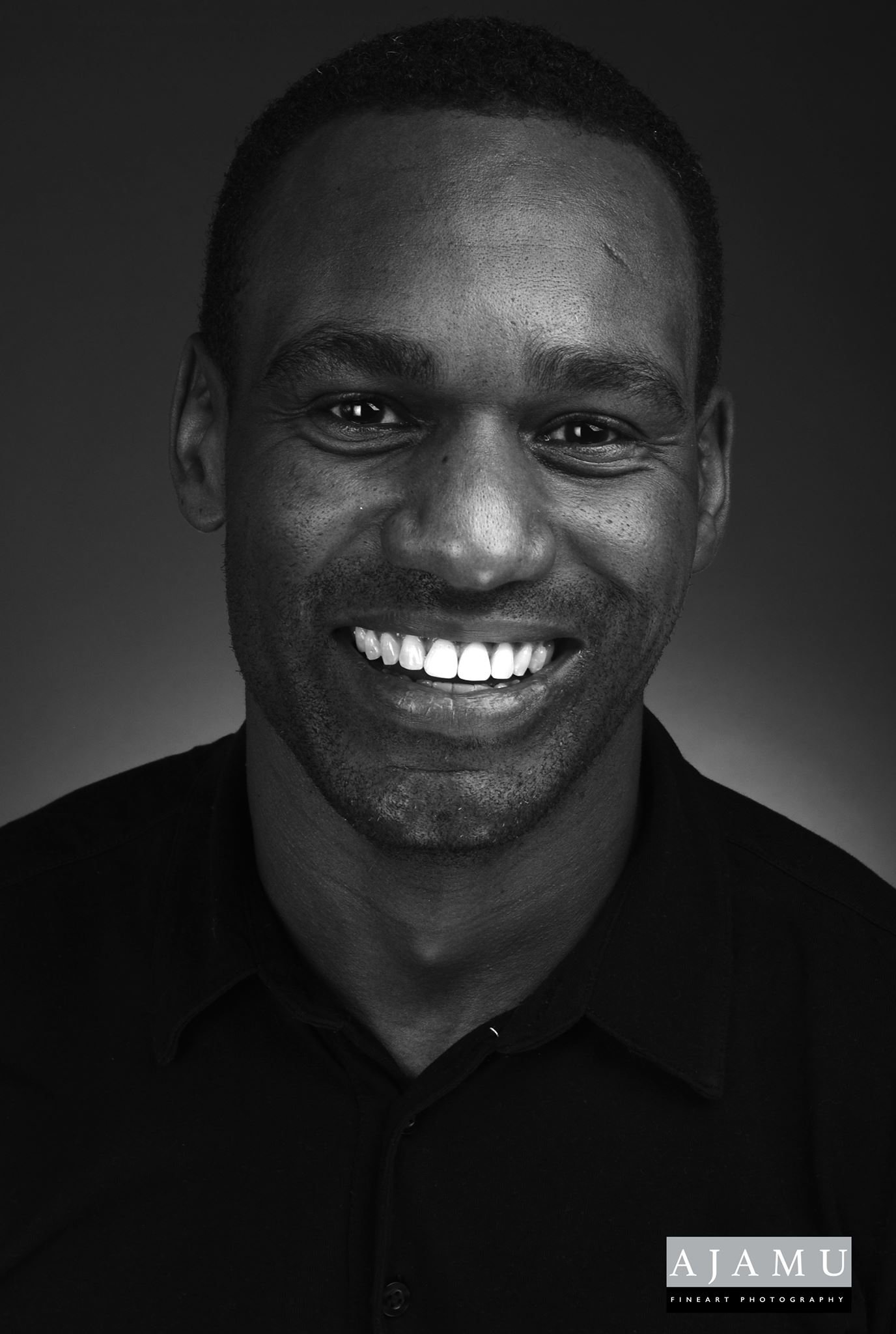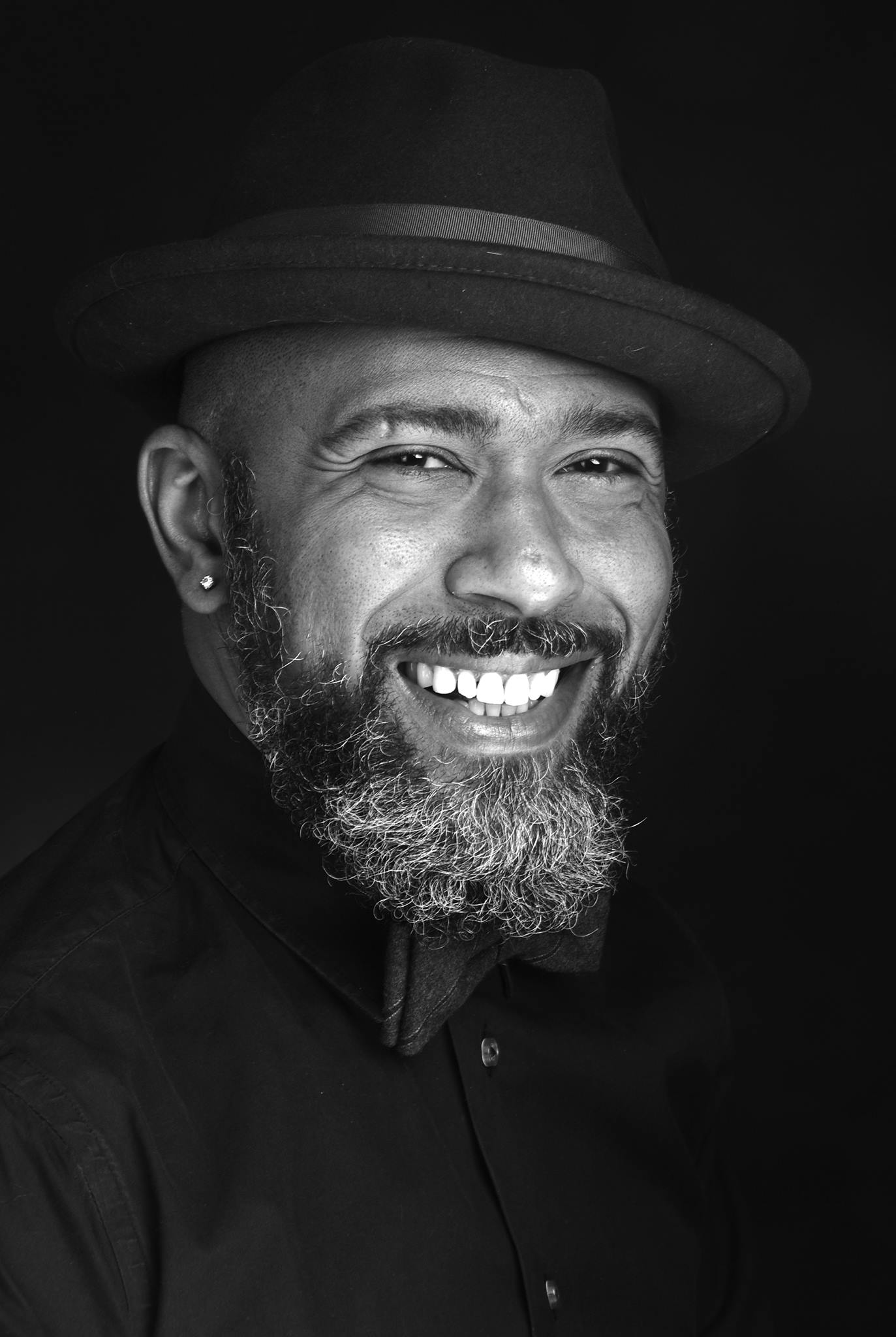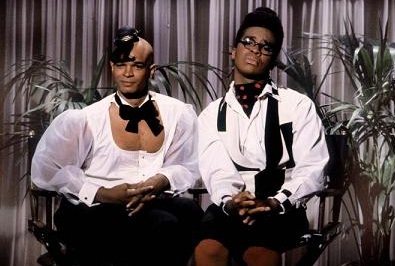To promote the screening of Kiki on Saturday November 19th we launch a new series
Last year’s Oscars reignited a long conversation about Black representation in film or more appropriately, the lack thereof. After a summer of protest, Black Lives Matter is now very much part of a public conversation and consciousness. And with the BFI Film Festival screening of the celebrated Moonlight along with The BFI Black Star Season (with screenings scheduled even after Black History Month ends shock!) perhaps things are changing? Nonetheless what is clear is film cannot be dismissed because it impacts on us as Black Gay Men; if not directly; then indirectly; through those around us who consume films; and then tell us about it.
In an on-going conversation between Blackout Co-Editors Marc and Antoine, we begin a series to exchange ideas and opinions on the role of film in the lives of Black people generally and Black Gay Men specifically. We began the conversation with an assumption that on both sides of the Atlantic the film industry often depicts and represents Black people in limited and problematic ways. We began with a simple question: Why Do We Go to the Cinema?
And along with this simple question we want to ask the Blackout community to consider the role films play in an individual’s life: as a reflection of society/something that mirrors our experiences; and/or a projection of a society (and a world) in which we want to live.
- Can you go to the cinema without thinking about if/how you are reflected on the screen?
- Are you able to identify with the fantasy/reality/truth depicted in films regardless and just because as Marc says ‘we quite simply relate to stories”?
And what about fantasy in cinema in comparison to the reality of the lives we live? Often cinema presents a fantasy even if its not always presented in fantastical ways.
In cinema fantasy may be confused with the genre FANTASY; the presentation of the fantastical. The Fantasy presented in cinema can be offensive to some and more so because it isn’t fantastical but rather presented as reality or truth!
Marc points to the 1950’s idealistic presentation of America in films with its white picket fences. This fantasy projects an ideal world although not necessarily fantastical in its presentation. Later in the 1980’s cinematic fantasy glamourised expensive cars, big houses, and even bigger money such as in the film Trading Places and on the illegal end of the spectrum New Jack City. And more recently films continue to portray a get-rich-or-die-trying fantasy. In these films, the viewers’ aspirations are within reach, even achievable. Without those fantastical elements the viewer can ignore reality; their reality: no job, no opportunities etc. and still believe they can have what is projected on the screen.
In film sometimes fantasy and Black representation is particularly problematic.
Historically it took films a long time to show Black women as more than mammies and maids. Although perhaps this is a goal yet to be achieved if measured by the success of The Help. In our conversation we also recognised a context in film in which Black males like Denzel Washington do not get Oscars for playing Malcolm X but for playing a corrupt cop who gets shot dead at the end of Training Day. And as Black Gay Men of a certain age, when we considered how we’ve been represented, we recalled the 1987 film Mannequin and the character Hollywood Montrose; camp as Christmas and without any level of complexity beyond simple stereotype. Although with this last example we may be asking a lot from what is essentially a Rom-Com. However time and time again, film employs the same trope/motif of Black lives; a fantasy, a reality; presented as truth; and skewing perceptions of the complex reality actually lived. And as Black Gay Men our complex lived reality is rarely presented; or when we are represented in film; more often than not, it is as a stereotype and/or sexual fantasy.
So what about Moonlight? Marc cautions; Moonlight is not simply a Black Gay Story so don’t expect Noah’s Arc. Moonlight is a layered, complex, and at times, subtle reflection of the long spectrum of masculinity; specifically Black masculinity and Black Love. We imagine for some Black Gay Men Moonlight is a reflection of society and something that mirrors their experiences. Perhaps it’s not for others. And while Moonlight is not a panacea; the end-all-be-all, it disrupts the same old trope/motif. It also marks a line, throws down the gauntlet; and demands more stories to quench a long lasting and unsatisfied appetite. Black Gay Lives Matter and our lives deserve Film’s full attention!
Watch this space for the next part of the series Black Gay Men On Film and please join us at the screening of Kiki on Saturday November 19th





Leave a Reply